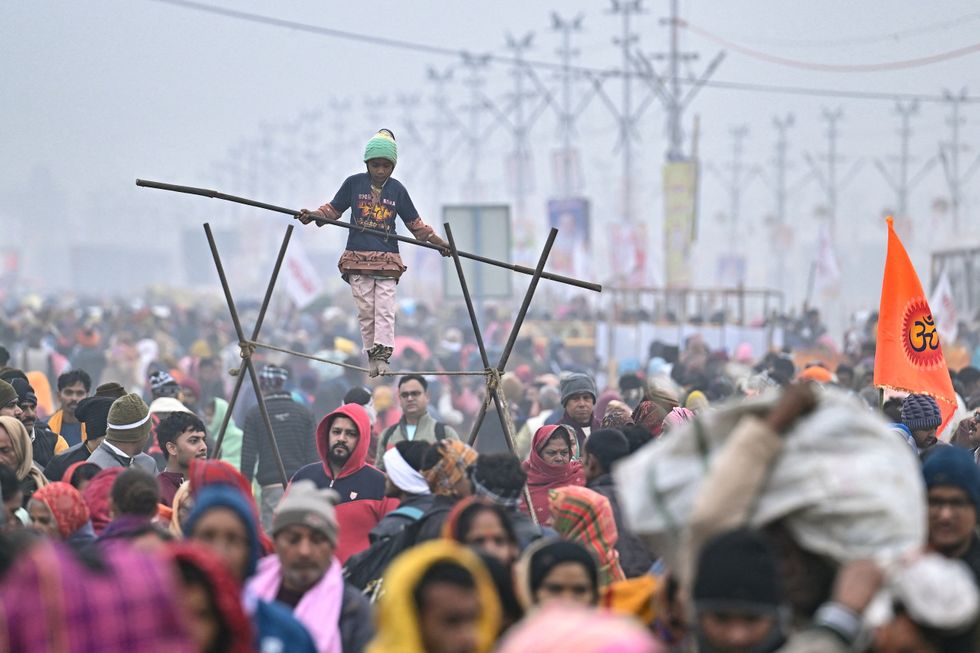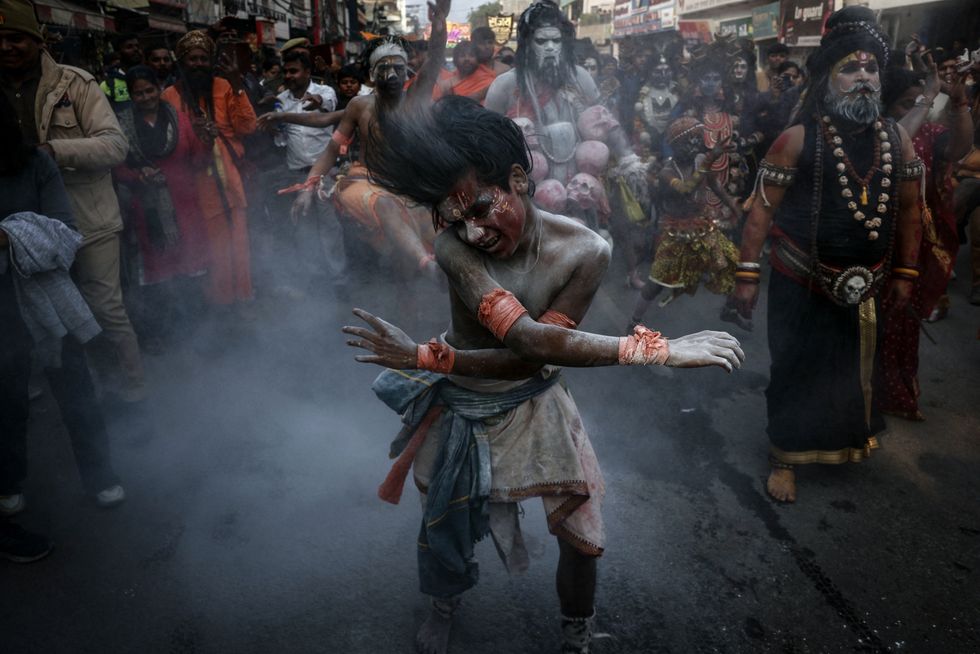SUPPORTED by a global coalition founded by India and Norway, the US has begun the phase one clinical trial of an investigational vaccine designed to protect against the coronavirus disease.
The trial began at the Kaiser Permanente Washington Health Research Institute (KPWHRI) in Seattle as the first participant received the investigational vaccine.
The National Institute of Allergy and Infectious Diseases (NIAID), part of the National Institutes of Health (NIH), is funding the trial.
The open-label trial will enrol 45 healthy adult volunteers aged 18 to 55 years over approximately six weeks.
"Finding a safe and effective vaccine to prevent infection with SARS-CoV-2 is an urgent public health priority," said NIAID Director Anthony S Fauci. "This Phase 1 study, launched in record speed, is an important first step towards achieving that goal," he said.
The Phase 1 trial is led by Lisa A Jackson, MD, senior investigator at KPWHRI. Study participants will receive two doses of the vaccine via intramuscular injection in the upper arm approximately 28 days apart.
Each participant will be assigned to receive a 25 microgram (mcg), 100 mcg or 250 mcg dose at both vaccinations, with 15 people in each dose cohort, according to a statement.
The first four participants will receive one injection with the low dose, and the next four participants will receive the 100 mcg dose.
Investigators will review safety data before vaccinating the remaining participants in the 25 and 100 mcg dose groups and before participants receive their second vaccinations.
Another safety review will be done before participants are enrolled in the 250 mcg cohort.
"This work is critical to national efforts to respond to the threat of this emerging virus. We are prepared to conduct this important trial because of our experience as an NIH clinical trials center since 2007," Dr Jackson said.
The vaccine is called mRNA-1273 and was developed by the NIAID scientists and their collaborators at the biotechnology company Moderna, Inc., based in Cambridge, Massachusetts.
The mRNA-1273 vaccine has shown promise in animal models, and this is the first trial to examine it in humans.
According to the NIH, the study is evaluating different doses of the experimental vaccine for safety and its ability to induce an immune response in participants.
This is the first of multiple steps in the clinical trial process for evaluating the potential benefit of the vaccine.
The Coalition for Epidemic Preparedness Innovations (CEPI) supported the manufacturing of the vaccine candidate for the Phase 1 clinical trial, the NIH said.
Conceived in 2015, CEPI was founded in Davos in 2017 by the governments of Norway and India, the Bill & Melinda Gates Foundation, the Wellcome Trust, and the World Economic Forum.
Among its 12 voting members are Cherry Gagandeep Kang from Christian Medical College Vellore and Rajeev Venkayya Vaccine Business Unit, Takeda Pharmaceutical Company Limited.
Indian Soumya Swaminathan is a non-voting member and represents the World Health Organization (WHO) in the Board.


















 The scale of the event is immense, comparable to the combined populations of the United States and Canada. (Photo: Getty Images)
The scale of the event is immense, comparable to the combined populations of the United States and Canada. (Photo: Getty Images) A Hindu devotee smeared with ash dances during a religious procession ahead of the Maha Kumbh Mela in Prayagraj on January 10. (Photo: Getty Images)
A Hindu devotee smeared with ash dances during a religious procession ahead of the Maha Kumbh Mela in Prayagraj on January 10. (Photo: Getty Images) Pilgrims carrying their belongings walk over floating pontoon bridges to go to Sangam, the confluence of the Ganges, Yamuna and mythical Saraswati rivers, in Prayagraj on January 12. (Photo: Getty Images)
Pilgrims carrying their belongings walk over floating pontoon bridges to go to Sangam, the confluence of the Ganges, Yamuna and mythical Saraswati rivers, in Prayagraj on January 12. (Photo: Getty Images)
